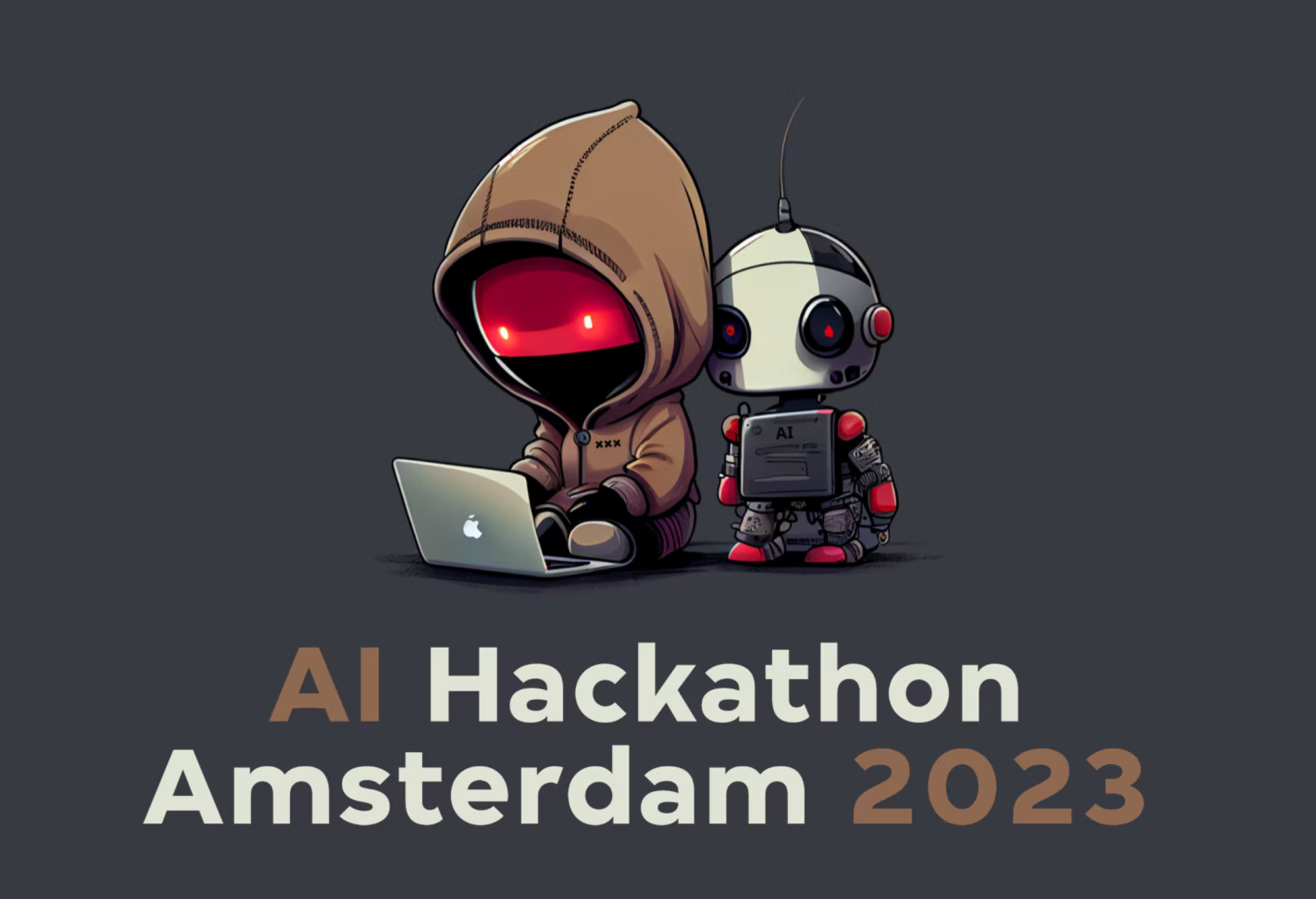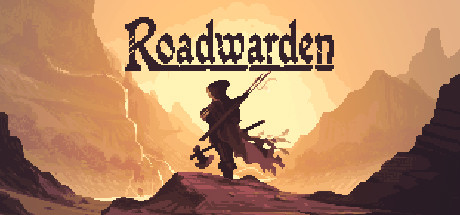Creative Bot Bulletin #1
By Judith van Stegeren
#1 — FEBRUARY 15, 2023
A NOTE FROM THE EDITOR
As you know by now, I like starting newsletters. ;)
This human-written bulletin is my way of sharing news and some of the interesting AI-related stuff I read online, in a format that is a bit less fleeting than tweets. I plan to send this newsletter out at least once a month. Enjoy!
—Judith

Featured
At AI Hackathon Amsterdam, participants built an AI application prototype within 24 hours. My favorite entry was by the team of protein-design startup Cradle, who created a AI-generated podcast! Their tool scrapes academic papers, summarizes these with ChatGPT, and turns the summaries into a spoken-word podcast using text- to-speech -- using an AI-generated voice that sounds like of one of Cradle's founders. You can listen to an example on Spotify if you search for "Cradle's nerd podcast". Awesome idea -- I would love to have this as a research tool! Imagine having a podcast like this, in your own voice, for your commutes. Their project inspired me to play around with the Azure speech synthesis demo.
Creative AI and generative AI
Judging from the media attention, it seems the entire internet is now using (and abusing) ChatGPT's research beta. I'm keeping a lookout for original purposes of OpenAI's virtual assistant, such as summarizing boring research papers as children's books or correcting OCR errors in historical texts.
Lynn Cherny has an excellent (and fun!) newsletter that often mentions data science and creative AI tools. Earlier this year, she gave a great talk at NormConf about NLP for the creative AI domain. One of her usecases was detecting image generation prompts that violate Midjourney's terms of service, e.g. for generating images with adult content. The video and slides are available online.
Whisper (especially the open source version) is a useful model for speech recognition and speech-to-text-generation. I use Whisper to transcribe my talk videos and turn these into blogposts. However, Ryan Hileman found that Whisper models sometimes hallucinate entire sentences from a single misheard word, reason not to put it in production without a human baby-sitter. Of course, I would argue this goes for most recent general purpose models.
Meta-prompting is the art of creating prompts that... create more prompts. David Shapiro experimented with meta-prompting in this YouTube video.
Tom Scott made a video about the new technology adoption curve, coding with ChatGPT, and how it feels to experience these developments in society as they happen.
Musician David C. Lowery wrote an much-needed critical Twitter rant to remind us thatalthough OpenAI has 'open' in the name, that does not mean its products are similar to public parks and public libraries. OpenAI indeed seems to get less open over time. I hope OpenAI's transparency about their models and datasets will not turn out to be correlated with the amount of private ownership of the company, since Microsoft has just acquired 41% of the company.
Video Games
Roadwarden

Both Mike Cook and Wouter Geraedts recommended the indie narrative game Roadwarden to me, so I decided to give it a go. I like it so far! It's definitely not a casual game: I need a notepad while playing to scribble down all the snippets of information & directions I get from characters, but I'm a fan of information gathering games, so that's alright. The world vibe is similar to that of The Witcher: the environment is dangerous and unforgiving, people generally mistrust you and there are monsters everywhere. If you like words, pixel art, and a slightly ominous atmosphere, give it a try!
Datakami news
AI Hackathon Amsterdam
On 10-11 February, I participated in AI Hackathon Amsterdam! The event hosted 120 participants with a wide range of backgrounds, from software developers to artists, product designers, lawyers, civil servants, teachers and investors.
For the hackathon itself, I pitched an AI system for social good: an AI writing assistant that helps people write better job application letters. The intended audience was people who consistently tend to undersell themselves during the job application process, such as introverts, people struggling with imposter syndrome, and non-native speakers.
With a team of 5 people, we created a prototype for this idea within 24 hours, and then pitched it to a jury of investors and tech company managers. I had a great time thanks to the organisation (Jelle Prins and volunteers) and location (CODAM Amsterdam). Thanks to Floryn for sponsoring my attendance.
NOS interviews
Last week, I was interviewed twice by NOS, the Dutch national news. NOS wrote a news article about the "AI arms race" between Microsoft and Google to integrate new language models in search engines. They also produced a radio item (41:00) for the Radio 1 Journaal about AI Hackathon Amsterdam, and the impact of new AI tools on society.
More like this
Subscribe to our newsletter "Creative Bot Bulletin" to receive more of our writing in your inbox. We only write articles that we would like to read ourselves.